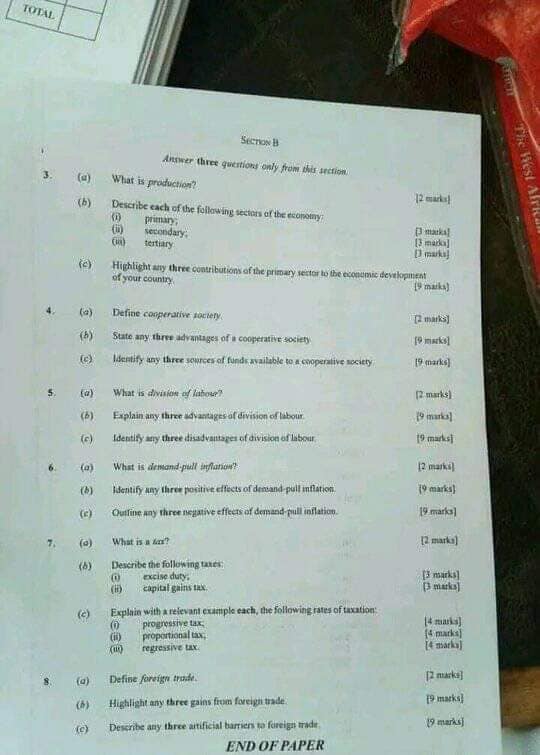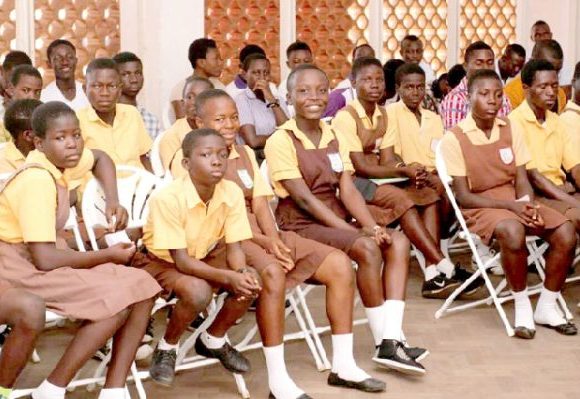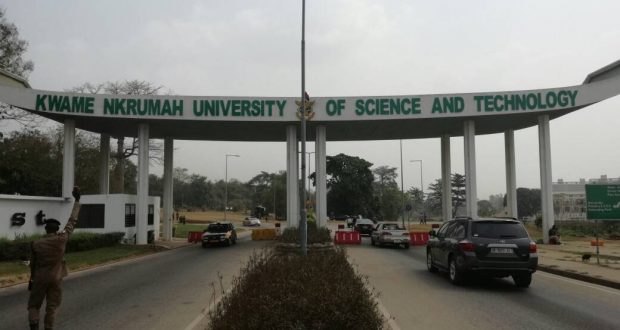JHS duration increases to 4 years while SHS reduces to 2 years – NaCCA hints

The National Council for Curriculum Assessment (NaCCA) has hinted some critical features in the new Educational Reform to be implemented soon in Ghana’s Educational System.
When the new curriculum is implemented, learners/pupils in Junior High Schools will have to attend school for four years, thus: JHS 1 to JHS 4.
Also, High Schools will now be for two years instead of the current three years and students will be issued with a High School Diploma.
“The High School Diploma Programme will start from Basic 11 to Basic 12. This means that, one qualifies for High Diploma Programme Certificate after completing Basic 12.”
READ STATEMENT BELOW
The National Council for Curriculum Assessment (NaCCA) has hinted some critical features in the the new Educational Reform to be implemented soon in Ghana Educational System. These reforms
are structured under what was termed “Kindergarten (KG) to SHS.
New Curriculum” of Key Programmes. In the first four years of high school education, learners are
expected to take a Common Core Programme (CCP) that emphasizes a set of high, internationally-benchmarked career and tertiary education ready standards. Learners need to acquire these
for post-secondary education, the workplace or both. The standards articulate what learners are expected to know, understand and be able to do by focusing on their social, emotional, cognitive and physical development. The (CCP) runs from Basic 7 through Basic 10.
The common core attributes of the learner, which describe the essential outcomes in the three domains of learning (i.e. cognitive, psychomotor and affective), are at the centre of the CCP (see Figure 1). Inspired by the values which are important to the Ghanaian society, the CCP provides an education of the heart, mind and hands in relation to on the learnerʼs lifetime values, well-being, physical development, metacognition and problem-solving. Ultimately, this will produce character-minded learners who can play active roles in dealing with the increasing challenges facing Ghana and the global society.
NaCCA has outlined some new areas in the educational system.
These Key Programmes include;
- Primary Years Programme (PYP). This comprises of Kindergarten
(KG) to Primary six (6). - Common Core Programme (CCP). This starts from Basic 7 to Basic 10. The current system has Basic 7 to Basic 9. This means that, when the new curriculum is implemented, learners/pupils in Junior High Schools will have to attend school for four years, thus:
JHS 1 to JHS 4. - High School Diploma Programme (HDP). The High School Diploma Programme will start from Basic 11 to Basic 12. This means that, one qualifies for High Diploma Programme Certificate after completing Basic 12.
- Career-Related Programme (CRP). The Career-Related Programme also starts from Basic 11 to Basic 12. Note: In the new curriculum to be implemented, “Basic” as currently
used will be changed to “Grade”. Example; Grade 1, Grade 2, Grade
6 instead of Basic 1, Basic 2, Basic 3 etc. The new curriculum will also have an assessment called “National Gateway Test” for every two years of learning starting from Grade 1 to Grade 12. Senior High School students will now undergo an External
Assessment which would be done at Grade 12. After this programme, students are likely to receive Diploma Certificate as the certification of the KG to SHS course. The current class 6 pupils are going to be pioneers for this change.
Source: MyNewsGh.com





